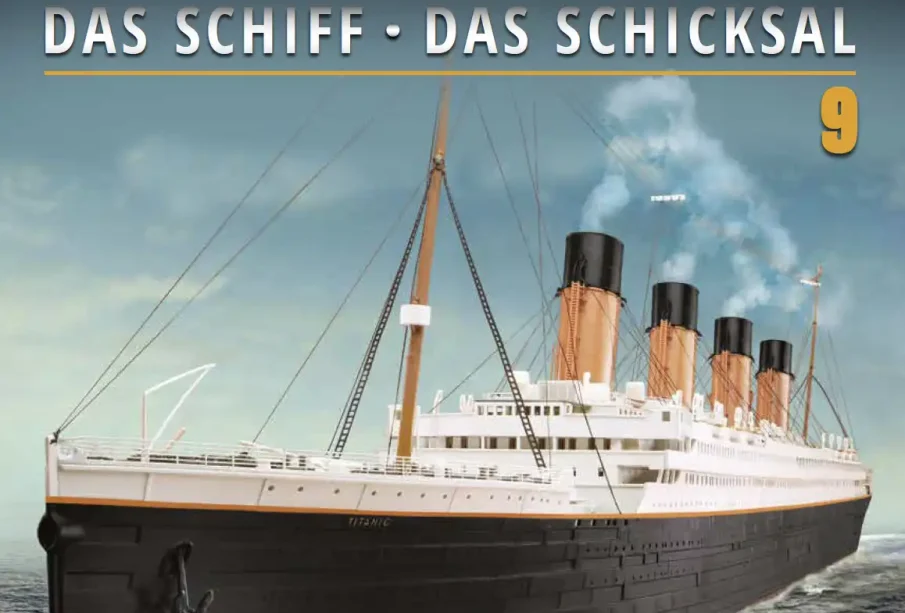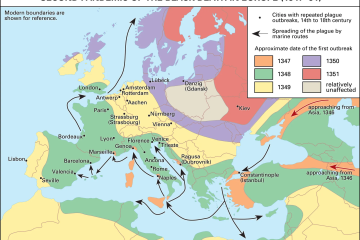The Titanic: Remembering the Maritime Tragedy of 1912

Introduction
The RMS Titanic, a symbol of luxury and ambition, met its tragic end in the North Atlantic Ocean on April 15, 1912, after hitting an iceberg. The ship’s sinking resulted in the loss of over 1,500 lives, making it one of the deadliest maritime disasters in history. More than a century later, the story of the Titanic continues to resonate, reminding us of human frailty and the perils of overconfidence in technology. The anniversary of the tragedy is observed annually, with various events dedicated to memorialising the victims and educating new generations about the events.
Recent Events and Commemoration
In 2023, commemorative events took place worldwide, including memorial services at sites linked to the Titanic story, such as Belfast, where the ship was constructed, and the historic port of Southampton. One notable event was held at the Titanic Belfast Visitor Experience, featuring exhibitions that brought to life the stories of the passengers and crew through artefacts and personal accounts. Educational initiatives also gained traction, focusing on the lessons learned from the Titanic disaster. This year’s theme revolved around maritime safety improvements that have been implemented since 1912, emphasising the importance of regulations and training in preventing such tragedies.
The Titanic’s Cultural Impact
The Titanic’s legacy extends beyond memory and history; it has permeated popular culture through literature, film, and theatre. James Cameron’s 1997 film “Titanic” reignited public interest, leading to an array of documentaries and fictional narratives exploring both the ship and its passengers. The continued fascination with the Titanic can be seen in the numerous books published, artworks created, and academic studies conducted. Each new perspective offers insight into the human stories behind the disaster, making it a continual topic of interest and debate.
Conclusion
The Titanic remains an enduring symbol of tragedy and caution. The collective remembrance of the ship and its passengers prompts reflection on the consequences of technological overreach and the importance of safety precautions in our modern lives. As future generations learn about the Titanic, there is hope that its lessons will help shape a safer maritime industry, ensuring history does not repeat itself. Each anniversary serves as both a memorial and a reminder of all that was lost, making the story of the Titanic eternally relevant and important.







